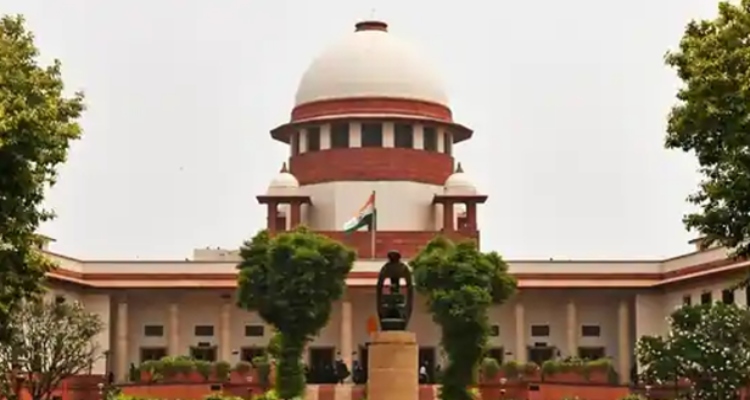
The Supreme Court on Wednesday has reserved its decision on whether the July 25 judgment affirming the States authority to levy taxes on mines and minerals would apply retroactively.
The 9-judge bench will decide if the royalty imposed by the Centre on mines and mineral-bearing lands since 1989 should be refunded to the States.
On July 25, a 9-judge Constitution bench led by Chief Justice DY Chandrachud, with an 8:1 majority, ruled that States have the constitutional power to levy taxes on mines and mineral-bearing lands. They also stated that royalty payable on extracted minerals is not a tax.
Today, the bench, which included Justices Hrishikesh Roy, Abhay S Oka, BV Nagarathna, JB Pardiwala, Manoj Misra, Ujjal Bhuyan, Satish Chandra Sharma, and Augustine George Masih, heard arguments from the Centre, States, and mining companies about whether the judgment should have prospective or retrospective effect.
Solicitor General Tushar Mehta, representing the Centre, argued against making the July 25 verdict retrospective, stating it would have cascading effects on prices and ultimately impact the common man, as many industries rely on minerals. He requested the bench to clarify that the judgment does not permit recoveries for the period before its pronouncement.
Mehta opposed the plea from mineral-rich States seeking a refund of the royalty levied on mines and mineral-bearing land, warning that such an order with retrospective effect would have a “multipolar” impact.
On July 25, the majority judgment by CJI Chandrachud and seven other judges stated, “Royalty is not a tax. Royalty is a contractual consideration paid by the mining lessee to the lessor for the enjoyment of mineral rights. The liability to pay royalty arises out of the contractual conditions of the mining lease. The payments made to the Government cannot be deemed to be a tax merely because the statute provides for their recovery as arrears.”
The judgment clarified that the power to tax mineral rights belongs to state legislatures, and Parliament does not have the legislative competence to tax mineral rights under Entry 54 of List 1, as it is a general entry. “Since the power to tax mineral rights is enumerated in Entry 50 of List 2, Parliament cannot use its residuary power concerning that subject matter,” it added.
Justice Nagarathna, dissenting from the majority, held that royalty is akin to a tax. She argued that the Union law—Mines and Minerals (Development and Regulation) Act 1957 (MMDR Act)—provisions regarding royalty levy remove the States’ power to levy taxes on minerals. She warned that allowing States to levy taxes on minerals could lead to a lack of uniformity in a national resource and result in unhealthy competition among States, potentially disrupting the federal system.
Following the judgment, Solicitor General Tushar Mehta and senior advocates Arvind Datar and Abhishek Manu Singhvi requested the bench to clarify that the judgment should only apply prospectively. The bench agreed to hear this point next Wednesday.
The case addresses whether State governments have the power to tax and regulate activities related to mines and minerals in light of the Mines and Minerals (Development & Regulation) Act (Mines Act).




